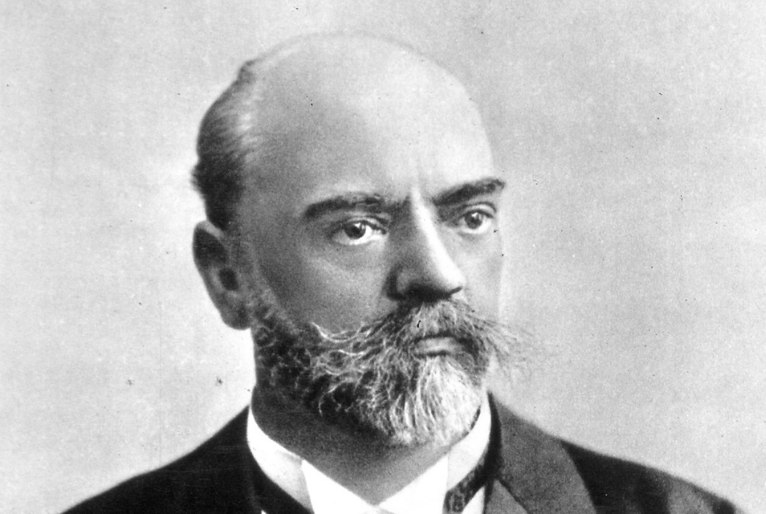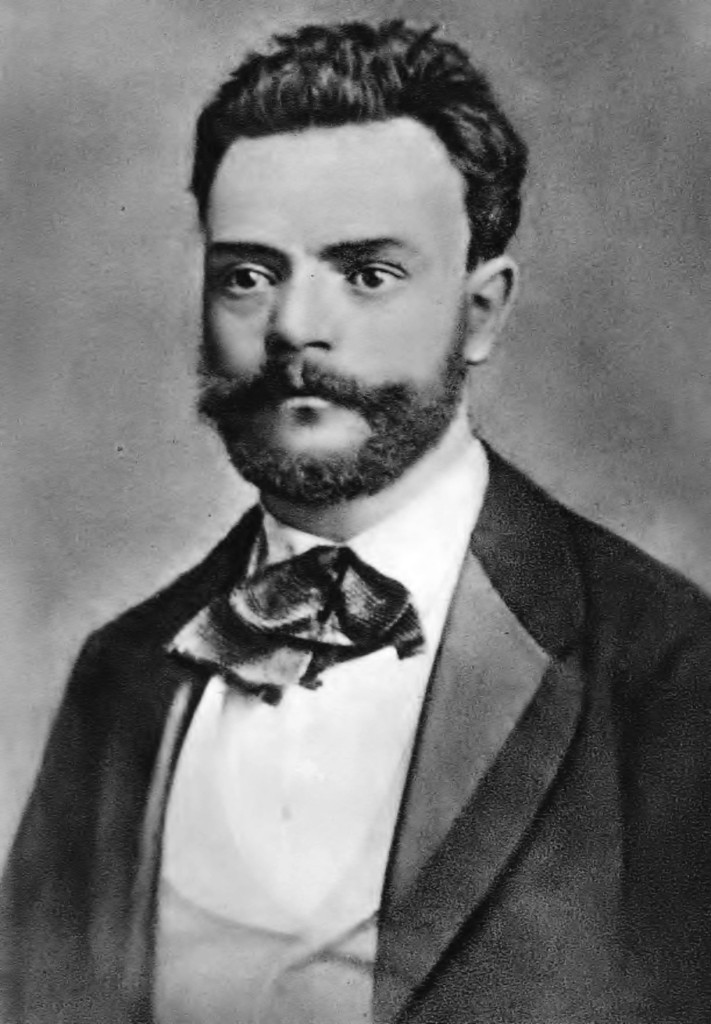Antonín Dvořák, the renowned Czech composer, is celebrated for his captivating melodies, evocative harmonies, and profound musical expressions. His works span a wide range of genres, including symphonies, chamber music, operas, and choral compositions. In this blog post, we dive into the world of Dvořák’s music and explore his top 10 songs that have left an indelible mark on the classical music landscape.
- Symphony No. 9 in E Minor, “From the New World”: Undoubtedly one of Dvořák’s most popular compositions, the “New World Symphony” embodies his distinctive fusion of Bohemian folk elements and American influences. From the powerful opening to the iconic “Largo” movement, this symphony is a masterpiece of beauty and nostalgia.
- String Quartet No. 12 in F Major, “American”: The “American” string quartet showcases Dvořák’s talent for capturing the spirit of a place. Inspired by his time spent in America, the piece is imbued with vivacious energy, folk-like melodies, and rhythmic vigor, captivating listeners with its infectious joy.
- Cello Concerto in B Minor: Considered one of the greatest cello concertos ever written, Dvořák’s masterpiece for cello and orchestra is a tour de force. From the poignant opening notes to the exhilarating finale, the concerto explores a wide emotional range, offering a profound and memorable musical experience.
- Symphony No. 7 in D Minor: Dvořák’s Seventh Symphony stands as a testament to his symphonic prowess. With its passionate and dramatic themes, intricate orchestration, and masterful construction, this symphony reflects the composer’s mature style and showcases his exceptional command of symphonic form.
- Slavonic Dances: Comprising a set of vibrant orchestral dances, the Slavonic Dances display Dvořák’s love for his native Bohemian folk music. The infectious rhythms, colorful melodies, and lively character of these dances make them perennial favorites in the concert hall.
- Piano Quintet No. 2 in A Major: This exquisite chamber work exemplifies Dvořák’s gift for crafting rich and expressive music. The interplay between the piano and the string quartet is masterfully woven, resulting in a deeply emotive and virtuosic composition that captivates listeners from start to finish.
- Rusalka, Op. 114: Rusalka, Dvořák’s most famous opera, tells the haunting tale of a water nymph who longs to become human. The opera showcases the composer’s melodic inventiveness, operatic grandeur, and ability to evoke powerful emotions, making it a cornerstone of the operatic repertoire.
- Symphony No. 8 in G Major: Often hailed as Dvořák’s “Pastoral Symphony,” the Eighth Symphony radiates with warmth, lyricism, and pastoral beauty. Its buoyant melodies, lively rhythms, and lush orchestration paint a picturesque musical landscape, transporting listeners to idyllic realms.
- Moravian Duets: Dvořák’s Moravian Duets represent a collection of charming and intimate vocal pieces that blend folk elements with sophisticated harmonies. These delightful duets celebrate the beauty of Moravian folk traditions, displaying the composer’s skill in crafting captivating vocal works.
- Stabat Mater: Dvořák’s Stabat Mater is a deeply moving choral masterpiece that explores themes of grief, compassion, and spiritual contemplation. With its soaring vocal lines, rich harmonies, and profound emotional depth, this work stands as a testament to the composer’s mastery of sacred choral music.
Conclusion:
Antonín Dvořák’s music continues to inspire and captivate audiences around the world. From his evocative symphonies to his enchanting chamber works and operas, Dvořák’s compositions display a rare combination of technical brilliance, profound emotion, and melodic beauty. Through his top 10 songs, we gain a glimpse into the genius of a composer who left an indelible mark on the classical music canon. Whether experienced through orchestral performances, chamber recitals, or vocal renditions, Dvořák’s music invites us to embark on a profound and unforgettable musical journey.


Comments are closed